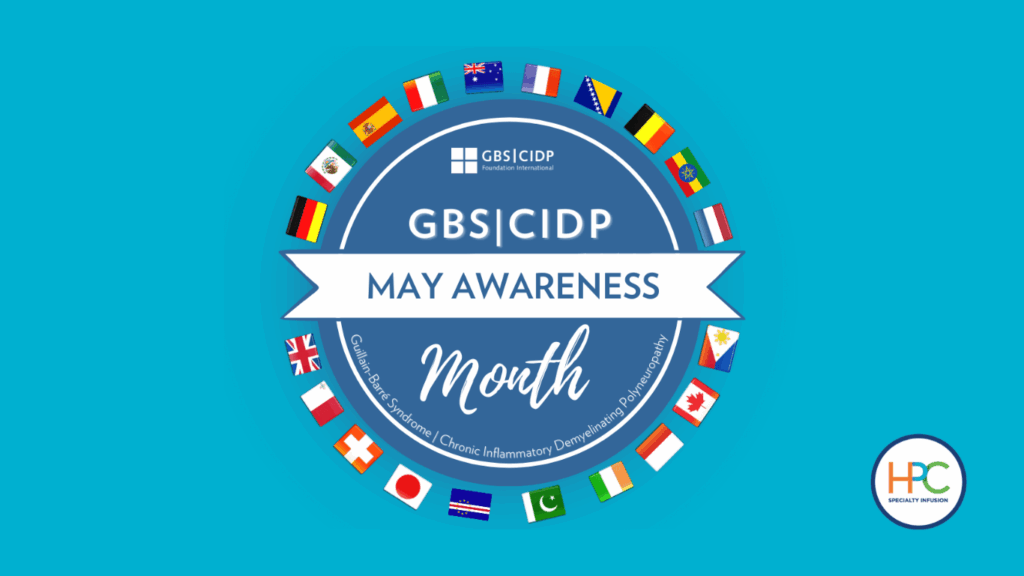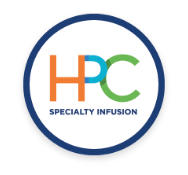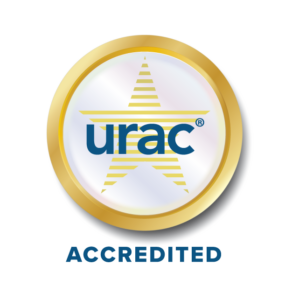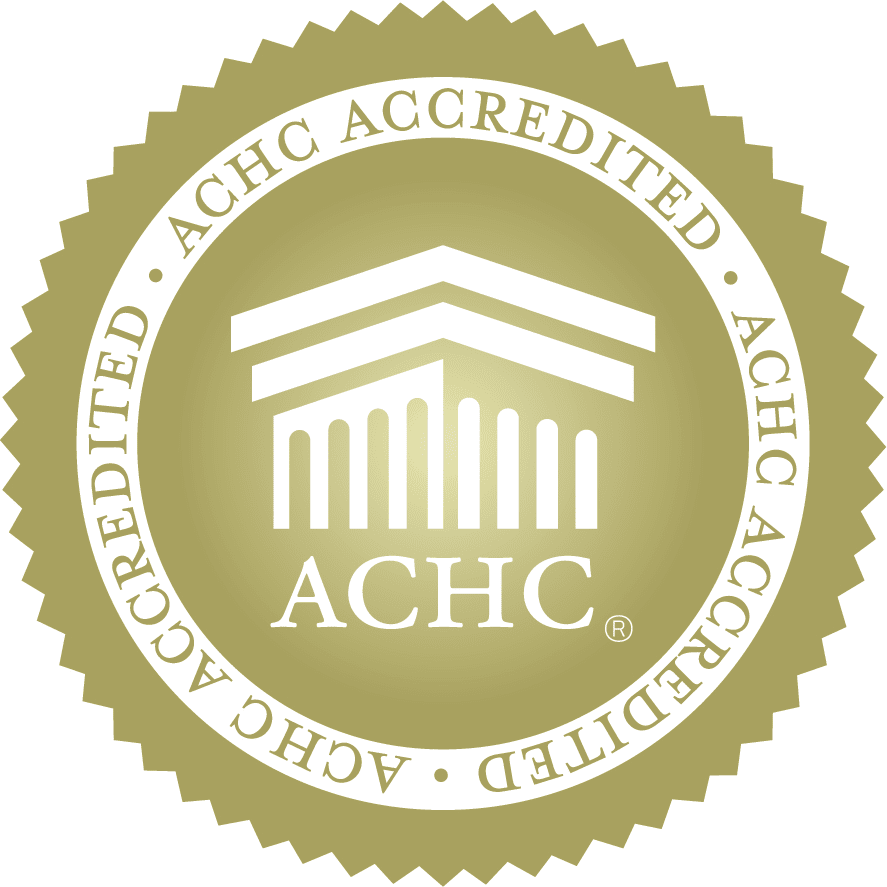
May is National GBS/CIDP Month—a time to raise awareness for Guillain-Barré Syndrome (GBS) and Chronic Inflammatory Demyelinating Polyneuropathy (CIDP), two rare and often misunderstood neurological conditions that impact the peripheral nervous system. At HPC Specialty Infusion, we are proud to stand alongside the GBS/CIDP community, offering compassionate, in-home infusion care that makes a meaningful difference in the lives of our patients.
What Are GBS and CIDP?
GBS is a rapidly progressing autoimmune disorder in which the body’s immune system attacks the peripheral nerves. It often leads to sudden muscle weakness, numbness, and even paralysis. CIDP, considered the chronic counterpart of GBS, progresses more slowly but can result in similar symptoms, such as impaired motor skills, pain, and fatigue. Both conditions can be life-altering, but with early diagnosis and appropriate treatment, many patients are able to manage their symptoms and regain independence.
Learn more at the GBS|CIDP Foundation International.
The Role of IVIg Therapy
A cornerstone of treatment for both GBS and CIDP is Intravenous Immunoglobulin (IVIg) therapy. This treatment helps reduce nerve inflammation and slow the immune system’s attack on the nervous system. At HPC Specialty Infusion, our skilled nursing teams bring this care directly to our patients’ homes—offering clinical excellence alongside the comfort of familiar surroundings.
Our Mission This Month
During National GBS/CIDP Month, we recommit ourselves to the core values that drive our work every day:
-
Educate: We strive to share accurate, clear, and actionable information to help patients, families, and caregivers better understand GBS and CIDP.
-
Advocate: We emphasize the importance of early diagnosis and timely access to specialized therapies like IVIg to improve outcomes.
-
Support: We celebrate the strength of the GBS/CIDP community—both patients and the healthcare heroes who support them every step of the way.
How You Can Help
-
Share your story to raise awareness and bring visibility to these rare conditions.
-
Learn more about GBS and CIDP to better understand the challenges patients face.
-
Express gratitude to the nurses, physicians, and caregivers who make healing possible.
-
Donate or get involved with organizations like the GBS|CIDP Foundation International to further research, education, and patient support.
Every Action Counts
Whether you’re a patient, a caregiver, a healthcare provider, or simply someone who wants to make a difference—your voice matters. Join us this May in honoring those affected by GBS and CIDP and let’s continue working together to create a future where no one faces these conditions alone.
At HPC Specialty Infusion, we are honored to play a part in this journey—providing expert care, meaningful connection, and unwavering support where patients need it most: at home.


